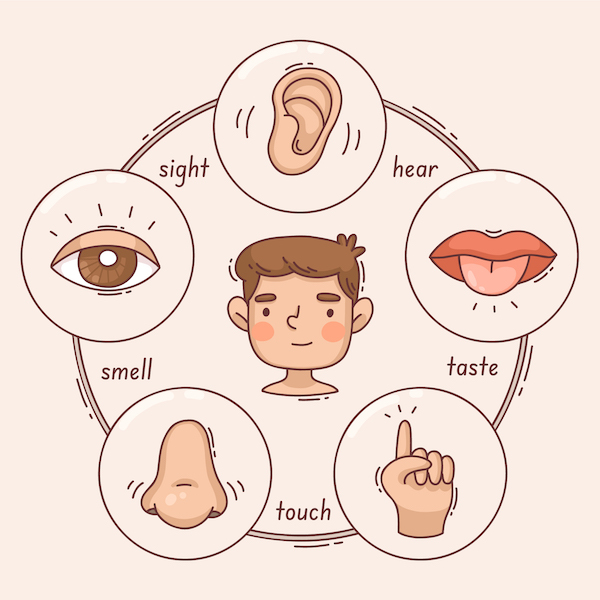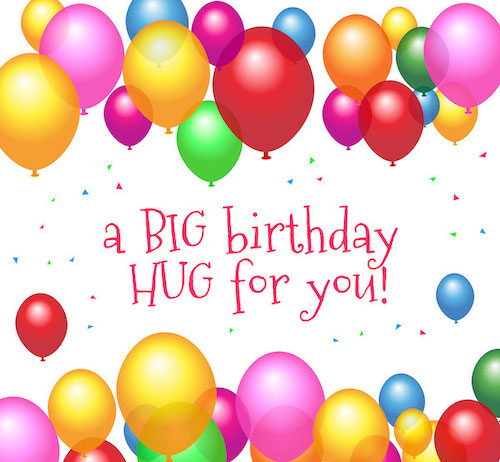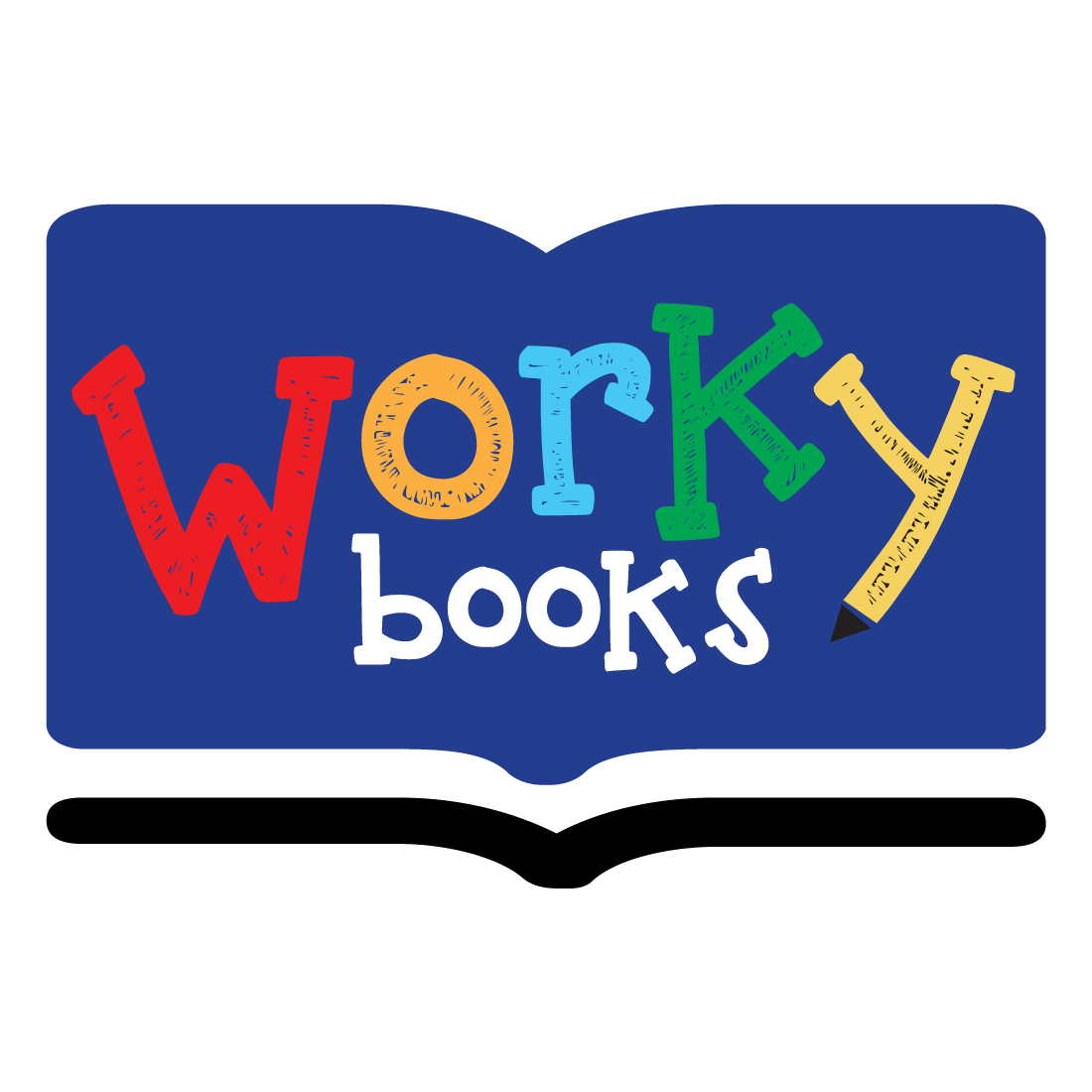What is an Abstract Noun? Abstract Nouns List: A-Z

Have you ever tried to catch happiness or hold onto love? It’s pretty tricky, isn’t it? That’s because these things are abstract nouns – special words that we can’t see, touch, smell, taste, or hear. Let’s discover how they make our language more exciting and expressive!
What Are Abstract Nouns?
Abstract nouns are words that name things we can’t experience with our five senses. They’re ideas, feelings, qualities, or states that exist in our minds. While we can’t touch or see them directly, we can feel their effects and understand their importance in our lives.

How do I identify an abstract noun?
To identify an this noun, consider whether the word names something you can experience with the five senses—seeing, touching, smelling, tasting, or hearing. If the answer is no, but you can feel or understand it in your mind, then it’s likely an abstract noun. For example, ‘love’, ‘freedom’, and ‘wisdom’ are all nouns that abstract because they refer to concepts that exist in thought or feeling, not in physical form.

Can abstract nouns be plural?
Yes! Nouns that are abstract can be plural. Just like concrete nouns, these nouns can represent multiple instances or types of an idea or concept. For example, while ‘emotion’ is singular, ’emotions’ is the plural form, referring to different types of feelings. Similarly, ‘thoughts,’ ‘ideas,’ and ‘beliefs’ are plural forms of abstract nouns, indicating that these concepts can exist in various forms or occur multiple times.
Examples for Kids
Imagine you’re at a birthday party. You can see the colorful balloons (concrete noun), taste the yummy cake (concrete noun), and hear the happy laughter (concrete noun). But can you touch the excitement in the air? Can you see the joy on your friend’s face?
These feelings – excitement and joy – are abstract nouns!

Here are some more examples:
– Love: You can’t hold it, but you can feel it in your heart.
– Bravery: You can’t see it, but you know when someone is being brave.
– Imagination: It’s the magic in your mind that helps you create amazing stories!
– Kindness: You can’t touch it, but you can see its effects when someone helps others.
Many famous quotes and sayings to express powerful ideas:
1. ‘Love is patient, love is kind.’ – The Bible
2. ‘Freedom is nothing but a chance to be better.’ – Albert Camus
3. ‘Knowledge is power.’ – Sir Francis Bacon
4. ‘Imagination is more important than knowledge.’ – Albert Einstein
5. ‘Hope is the thing with feathers that perches in the soul.’ – Emily Dickinson
Abstract Nouns List: A-Z
This list, organized from A to Z, serves as a comprehensive guide to some of the most commonly used abstract terms in the English language. Here’s an alphabetical list of abstract nouns, with one for each letter of the alphabet:
| A – Adventure | J – Joy | S – Serenity |
| B – Bravery | K – Knowledge | T – Trust |
| C – Curiosity | L – Love | U – Unity |
| D – Dream | M – Mercy | V – Victory |
| E – Excitement | N – Nostalgia | W – Wisdom |
| F – Friendship | O – Opportunity | X – Xenophobia |
| G – Gratitude | P – Patience | Y – Youth |
| H – Honesty | Q – Quality | Z – Zeal |
| I – Imagination | R – Respect |
CCSS.ELA-LITERACY.L.3.1.c Explained
Let us also see how the common core standards suggest teaching this concept. The Common Core State Standard CCSS.ELA-LITERACY.L.3.1.c focuses on the use of abstract nouns (e.g., childhood) in language arts for third-grade students. This standard aims to help students understand and use these nouns effectively in their writing and speech.

Categories of Abstract Nouns
Abstract nouns can be grouped into different categories based on what they represent. Understanding these categories can help students better grasp the concept and recognize these nouns in various contexts. Let’s explore some main categories:
Here’s a table that teachers can use as a classroom resource to help students understand and categorize these nouns:
| Category | Definition | Examples |
| Emotions and Feelings | These abstract nouns describe our inner experiences. | joy, sadness, love, anger, fear,happiness, fear, excitement |
| Qualities and Characteristics | These describe traits or attributes of people or things. | honesty, bravery, intelligence, kindness, wisdom |
| Ideas and Concepts | These represent thoughts or notions. | freedom, justice, democracy, peace, equality |
| States of Being | These describe conditions or situations. | childhood, adulthood, poverty, wealth, health, success |
| Events or Occurrences | These represent things that happen. | birthday, wedding, celebration, disaster, victory |
| Movements or Doctrines | These describe systems of thought or belief. | democracy, capitalism, feminism,environmentalism |
| Subjects or Disciplines | These represent areas of study or practice. | mathematics, history, art, science, literature |
Classroom Activity Idea:
Teachers can use this table for a sorting activity. Write various nouns on cards and have students categorize them according to the table. This hands-on approach can help reinforce understanding of both nouns and their categories.
Remember, some abstract nouns might fit into multiple categories depending on the context. Encourage students to explain their reasoning, which can lead to interesting discussions about the nature of abstract concepts!
Click here for a free Grade 3 Abstract Nouns Worksheet.
Remember, learning about these nouns is like unlocking a secret language of feelings and ideas.
Don’t miss out—download our online worksheets on nouns to enhance your language skills. It’s quick, easy, and absolutely FREE!
